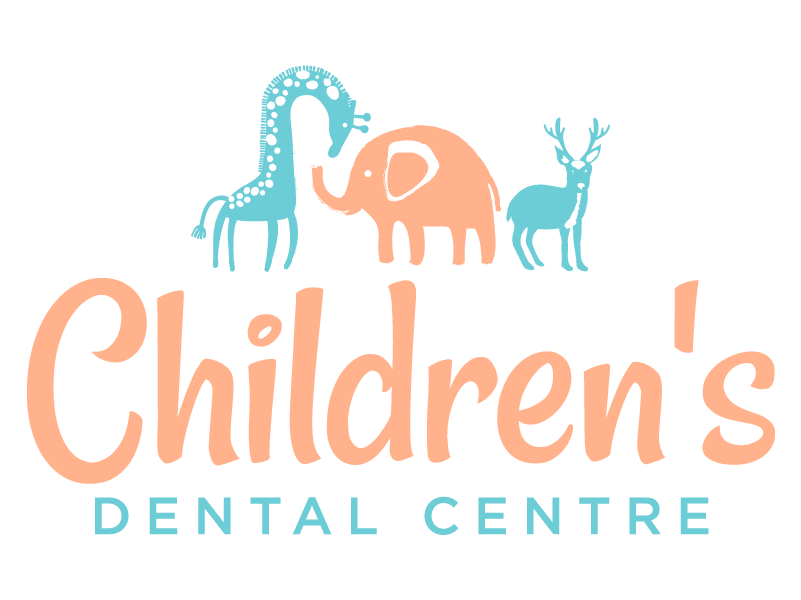COMMON DENTAL CONDITIONS AND PREVENTION
A dental examination, performed by one of our paediatric dentist, will involve lots of questions and a very thorough look at your child’s mouth. This is done to identify any current issues your child may have, as well as to help you prevent any future issues.
Dental caries is the most common preventable disease in Australia and affects 1 in 2 children under the age of 6 years. It is a complex disease that cannot simply be fixed with fillings or extractions. This is why our team will work with you to help prevent this disease from causing significant damage to your child’s teeth. Sometimes, there are lots of things to consider, like social, medical and behavioural situations. However, rest assured that we will work with you to get the best results we can.
Molar-Incisor Hypomineralisation is a common condition that affects 1 in 6 children. It can be difficult to know what has caused it in a particular child. It can cause many problems for children’s teeth, including; hypersensitivity, poor aesthetics, easily broken/decayed teeth. Providing treatment to those affected can be particularly difficult, as the hypersensitivity can make it difficult to achieve adequate numbing. Children often report pain with attempts at restoring or extracting these teeth. Although it cannot currently be prevented, early detection can help reduce longer-term problems.
Dental trauma is very common in children and adolescents and sadly cannot always be prevented. Proper diagnosis and management is required to help achieve the best long-term outcomes for a child.
These are just a few of the things that we will look for when we see your child. There are lots of other things to consider, however we strongly believe that preventing problems from arising is the best thing we can do for your child. It will also save you lots of dental visits and money long-term. It is the reason why early examinations are so important.
Preventive measures include:
Review of oral habits including diet and oral hygiene
Oral hygiene instructions and demonstrations
Fluoride: has been used successfully in water and dental products for over 70 years. Fluoride is incredibly successful in reducing the decay rates of children and adults in the World. It is also very safe, with no
Silver diamine fluoride: can be used in some cases to stop or slow down decay, however it is important to understand that the decay (not the whole tooth) will turn and remain black. It is also particularly useful to decrease sensitivity in hypomineralised teeth. It is painted on the teeth for one minute and then fluoride varnish is applied.
Providing instructions on the early management of dental trauma
Mouthguard: very important to wear in any contact sports and sometimes other very active sports where accidents could happen. Custom made mouthguards have been shown to be more successful than pre-made ones, including the boil-and-bite mouthguards.




